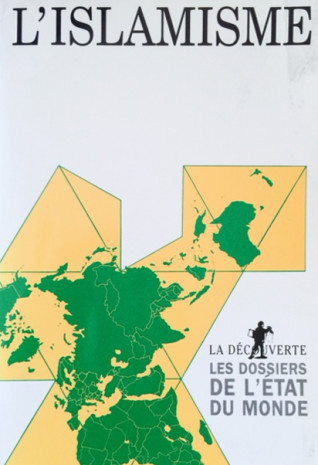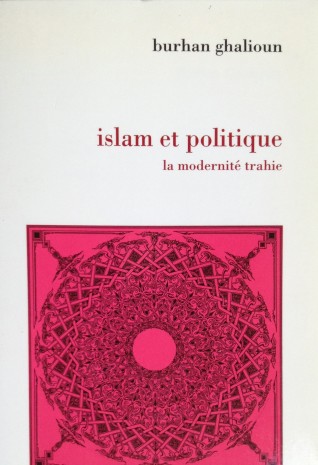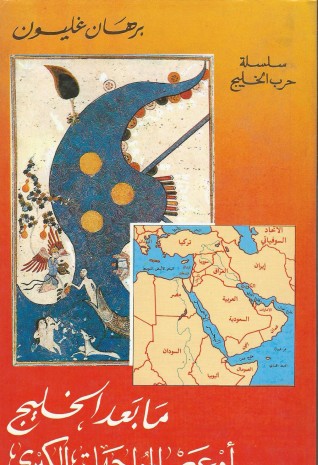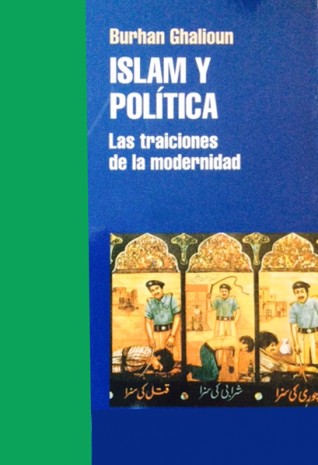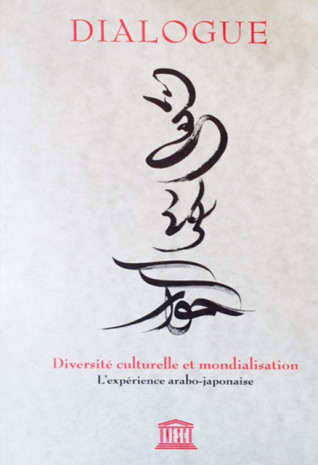Globalisation Between Hope and Threat to Democracy
2015-05-28:: MPC journal
Does Globalization offer the hope of a better future for democracy, or is it, rather, a major threat to democracy? Those who subscribe to the first point of view argue, firstly, that the leading democratic nations do actually seek democratization of developing nations. For it is through such a process that these nations can promote and disseminate their own socio-political model, along with their values concerning individual freedom. They argue, secondly, that market capitalism, already dominant in the world, requires a similar and reciprocal political market based on the principles of competition among the individuals of the social elite. All of which means, they claim, that as the spread of economic liberalization promoting the West’s influence and control of world resources, so will the odds of anchoring democracy in developing nations.
And yet, one could argue in response that there are no historical or logical reasons to support these assumptions. For although democratic nations, allegedly worried by the hegemony of totalitarian, fascist and communist regimes, speak often of spreading democracy, there is nevertheless no reason to believe that they are willing to prioritize such political ideals when dealing with other nations. For all nations, whether big or small, poor or powerful, do not base their politics on acts of good will, or the development of living conditions, or the just governance of other nations, but rather on the basis of their own strategic and economic interests.
Moreover, after the demise of the largest totalitarian regimes, there are no longer any serious or extant threats to the current democracies and their interests which could have been used to justify an organized response. Rather, the maintaining of weak, unpopular and authoritative regimes which can easily be guided and manipulated is much more lucrative to powerful nations than the presence of real democracies; especially as such political systems cannot but reflect and express the longing of Third World populations for international justice, development and equal participation in world politics.
The 20th century abounds in unfortunate examples of how modernizing projects in developing nations – whether successful or not – seldom accomplish capital growth within the framework of international competition without implementing harsh measures to maintain low wages. For here in the Third World, economic liberalization undeniably requires a usurping of political authority. This is still evident today among the so-called “Asian tigers and dragons” like China and in any other nation seeking expedient capital accumulation in the modern age. The epoch of concordance between the system of economic freedom and the system of political freedom is long past. And yet the major world powers show no compunction when painting a veneer of democracy and cultural diversity over what are essentially authoritative and repressive regimes – regimes ruled by a small minority of agents who depend on outside forces and outside intelligence agencies to maintain stability and order. This beautifying veneer, which hides a rule of brutality, has become a necessary component of the now dominant world order, as it is also a specious requirement for gaining international legitimacy.
However one should not, as many critics do – making them correct only in principle – apply suppositions valid for industrial nations on developing nations. For even if globalization does threaten democracies in industrial nations, this does not necessarily mean that it threatens developing nations in equal or similar terms. True, globalization threatens democracy in industrial nations, as it tends to destroy those spaces once open to freedom for both political activity and civil society – and indeed democracy has created these individual and societal spaces. Yet globalization does not constitute the same threat to societies, which never witnessed such spaces of freedom, let alone democracy. In such societies, globalization is bound to damage some of the fortresses of the state that imprison much of society. In such cases globalization would actually promote the creation of different and newer spaces, slightly less likely to be subjugated by the apparatuses of censorship, control and group punishment.
Therefore it is incorrect to simply state that the effects of globalization on democratic systems and authoritarian regimes are one and the same. Nor is it correct to reductively claim that globalization is marching along, with all societies, toward democracy. Rather, globalization – regardless of the nature of the society – has two contradictory impacts: In dismantling the nation, globalization shakes the foundations of the ethics of liberty and the state’s legality as it encourages systems of social, racial, religious and sectarian discrimination. Also, through increased polarization it destroys social, political and national accountability as it entrenches instability and tension within societies. Moreover, by centralizing wealth and resources in the hands of a few, and within a limited number of locales, it stops the economy from growing in tandem with demographic changes and deepens the chasm that separates North from South, leading to increased unemployment, or even famine.
And yet, by opening up national spaces – internally by breaking the monopoly of a system of political feudalism, and externally by connecting formerly separate spaces to each other – globalization promotes a unification of standards. This creates a shared world consciousness of the challenges facing humanity. In other words, it deepens on the democratic consciousness, making democracy a common reference for all inhabitants of the earth. Moreover, globalization gradually allows for the construction of an unprecedented network of international solidarity from which common solutions to common problems can be fashioned. The obvious discrepancy lies in the fact that globalization promotes the demands of an international democracy, while it weakens the objective conditions for establishing viable national democratic systems.
What prevails is a globalizing democracy which functions in different registers and on different levels, and possibly transforms the classical concept of individual freedom into an illusion. Therefore, the effect of globalization is contingent on the nature of the effected societies. Globalization can rattle the old authoritarian regimes, as it can destabilize the classical democratic systems. Although we will continue to witness oligarchic regimes employing a merely executive and formal democracy, the contradictions will continue to loom larger, thus digging an unbridgeable gap between the high principles of democracy and the prevalent dysfunctional realities. These situations will necessarily lead to changes within the system of globalization itself. For globalization does not, in fact, increase or inhibit the chances for democracy. Rather, it undoes the foundations upon which the classical concepts of democracy were erected. Therefore it will no longer be possible to reconstruct democracy without an international perspective, one that surpasses the limited national/ethnic principle, which once permitted the social solidarity with which national democracies were built. And yet, we ask again: Will globalization allow the building of coalitions among international, political and social groups capable of accomplishing an international solidarity, and thus a surge of national democracies?
The answer is affirmative. For in as much as the now dominant system of liberal globalization promotes the destruction of democratic structures and disseminates chaos in international and social relations, it will also exacerbate and instigate various movements of protest. It will give birth to various forces able to resist the dominant order – but only as long as they can construct a strategy for an international alliance able to regain the values of democracy in tangible and actual reality.
The future of democracy in the globalized world, and with it the future of human societies, hinges on the outcome of the struggle between two forces. There are those who put politics and society – i.e. the logic of humanity and solidarity – at the top of their political agenda and look beyond national borders for solidarity. And there are those forces, which deploy the logic and priorities of economic expansion, undermining the relevance of the nation state, dismantling the structure of society and promoting the monopolies of financial agglomerations and the few sham governments that collaborate with them for the sake of expedient profits.
Building an international democracy will not come about without the tenacity to face this conflict based on the gradual accumulation of the successes of international solidarity movements. Only such a diligent resistance can control the unchecked flow of globalized capital and redirect it away from the logic of unrestrained market competition and into the logic of a human society founded on the primacy of ethics of solidarity, cooperation and concordance.
Translated by Walid Sadek, Beirut




